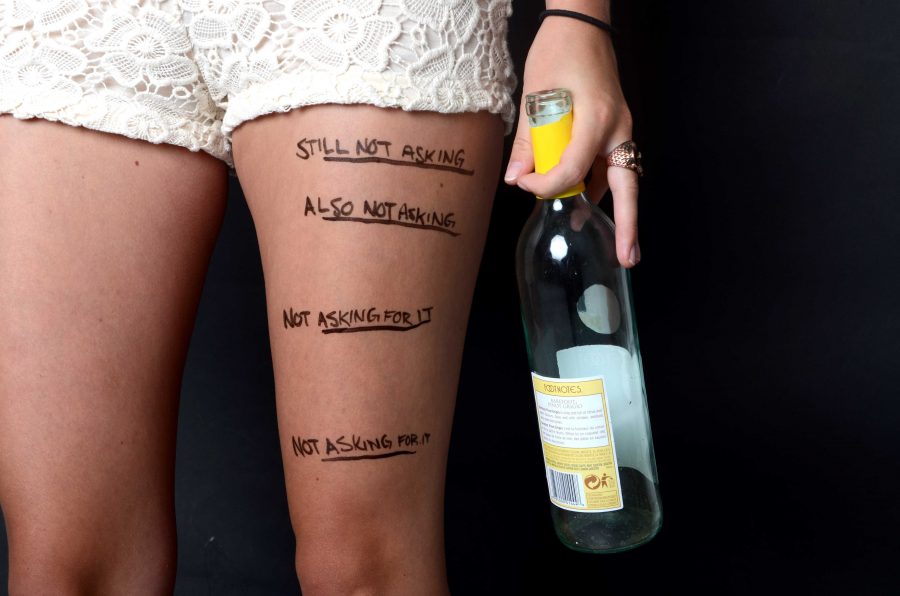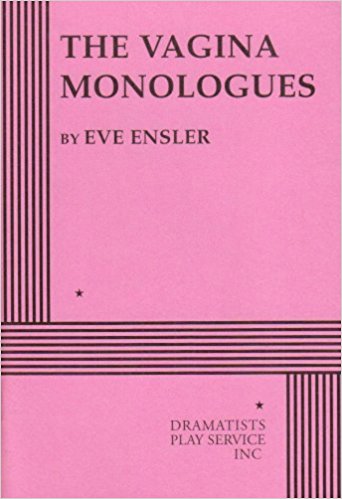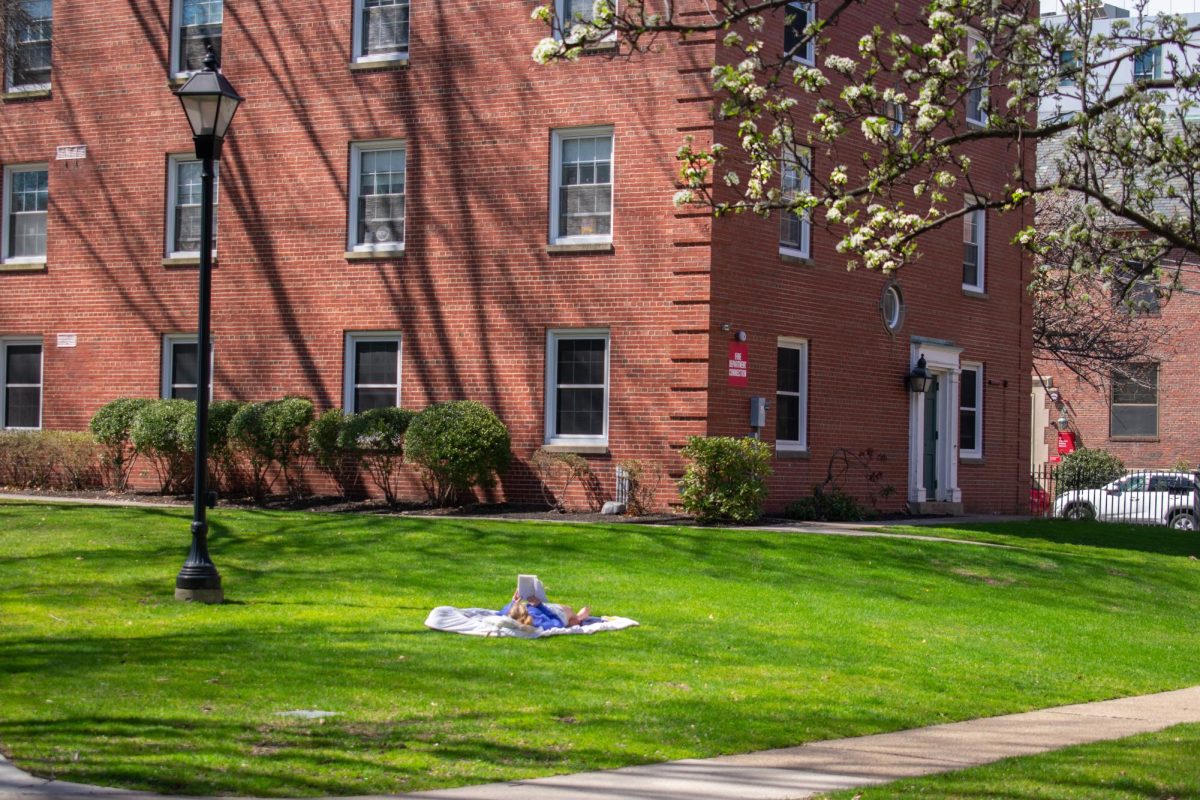By Carson Norwood
Staff Writer
We’ve all heard it before: “You can’t be a single-issue voter!” One of these supposed single issues is whether or not a candidate is pro- or anti-choice. Many people hear this and think of one thing: abortion. But in reality, there are dozens of issues wrapped up in reproductive choice, and even abortion on its own isn’t so simple.
From companies refusing to provide their employees with contraceptive coverage to the lax sentencing of sex offenders, reproductive rights are constantly under assault. But reproductive justice actually starts exactly where people think it doesn’t: with childbirth.
When a person in the U.S. truly chooses to have a child, we often think of it as a difficult but ultimately exciting new part of that person’s life. But for many, taking care of a child isn’t just lack of sleep and learning how to change diapers. It’s long-term worry about how the child will be fed, clothed, and cared for.
While anti-choice candidates are dead-set on these children being born, they also believe that welfare is a waste of resources and that maternity leave is some sort of paid vacation. But in order to raise healthy children, such programs are vital.
Unfortunately, as that child gets older, anti-choice candidates continue to fail them by failing to provide adequate sex education.
Despite a vast body of evidence supporting comprehensive sex ed, these politicians and their constituents continue to espouse—and vote for—abstinence-only curriculums.
Candidates claim that comprehensive sex ed will encourage kids to have sex, leading to morally inept youth who think that loving their bodies is actually okay. In reality, comprehensive sex ed is lowering teen pregnancy and STI rates exponentially, and school districts with abstinence-only classes have the highest rates in the country.
Now imagine that a teenager has just been diagnosed with ovarian cysts. Many people use hormonal birth control not only to prevent pregnancy but to manage reproductive illnesses such as endometriosis and polycystic ovarian syndrome (PCOS).
But with politicians fighting over whether or not this birth control should even be insured, many of these people are facing disabling symptoms with no treatment. And what happens when that teenager can’t go to school, or that adult can’t go to work? Well, we know how anti-choice candidates feel about people who need public assistance.
Reproductive justice extends beyond basic health, too. Reproductive justice is closing the gender wage gap, with women being financially able to support themselves, and the race wage gap as well, with women of color having just as much access to the above resources as white women. It’s acknowledging that people of color are even more likely to use these resources, and that defunding programs like Planned Parenthood would affect them disproportionately.
Reproductive justice is having the financial and mental health resources to leave an abusive relationship. It’s safety from sexual assault, and assuredness that if you are assaulted, your assailant will be prosecuted. Most basically, it is a belief that people, especially those assigned female at birth and those who identify as women, have the right to live safely and autonomously.
There are innumerable reasons why I vote for reproductive rights. And abortion is still an important issue—it allows people to continue school and work, to prevent a child from entering an abusive situation, to end a medically dangerous pregnancy, to plan a family, and to take ownership of their own lives and bodies. But no matter what way you spin it, I’m not a single-issue voter. And being pro-choice will never make me one.
Want to learn more about the reproductive justice (and everything that entails)? Join the Simmons chapter of NARAL Pro-Choice Massachusetts on Wednesday evenings at 6 p.m. in the SAC to discuss this and many other topics related to reproductive justice!



















